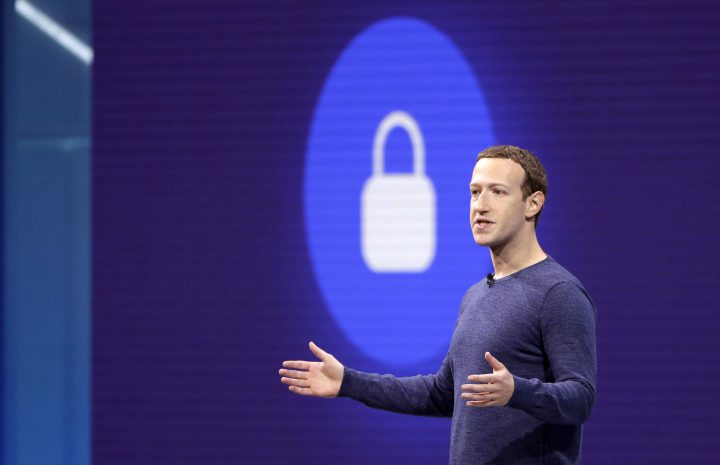On July 9, Montreal’s central library branch will host one of the most harmlessly respectable events we can imagine: a panel of experts, including a human rights lawyer and a senior cannabis policy official at Health Canada, discussing marijuana legalization.

You wouldn’t learn that, though, from a promoted Facebook post that passed the platform’s censors after a five-hour struggle Tuesday night. Though for anybody who’s followed national politics for the last year or so, it’s easy enough to read between the lines.
The story raises questions about how U.S. law spills across the border to affect how Canadians are able to interact with each other on Facebook.
On Tuesday, McGill University Ph.D. student Shawn McGuirk tried to pay to promote a Facebook post about the event.
Here’s what it looked like:
Before
- Train goes up in flames while rolling through London, Ont. Here’s what we know
- Budget 2024 failed to spark ‘political reboot’ for Liberals, polling suggests
- Wrong remains sent to ‘exhausted’ Canadian family after death on Cuba vacation
- Peel police chief met Sri Lankan officer a court says ‘participated’ in torture
“This event is entirely funded by the Canadian Institutes for Health Research,” McGuirk explains. “There’s a certain amount of the budget that’s specifically for promoting it on social media. We were trying to actually do that. We tried to boost the post, it got rejected almost immediately, they said because there was an image of marijuana in the background.”
Organizers were hoping to let the broader public in Montreal know about the event, beyond those who followed the page for the Science and Policy Exchange, a Montreal-based group.
What followed was a five-hour battle with Facebook’s censors.
“We tried about three or four different ads,” he explains. “Every time, they said, ‘We don’t allow ads that promote illegal drugs.'”
It ended in a compromise of sorts:
‘We removed the image, didn’t link to the original Facebook event, because we weren’t sure if maybe it was blacklisted, we took out the word ‘cannabis’ everywhere, we took out everything that could kind of seem to maybe promote anything.”
Social media platforms offer a convenient way of networking – but at the cost of being overruled by a company following another country’s norms, one expert warns.
“This is the cost of privatizing our public sphere,” warns University of British Columbia professor Taylor Owen.
“We’ve moved much of our civic discourse into a privately owned company that is governed in part by laws outside of our jurisdiction. We don’t have a ton of control over it, once we socially move our discourse into that space. This is the consequence of it, to a certain degree.”

Facebook reversed course Wednesday after facing media questions.
“Our team processes millions of ads each week, and sometimes we make mistakes,” a spokesperson wrote in an e-mail. “This ad does not violate our ad policies. We apologize for the error and have let the advertiser know we are approving their ad.”
“We do allow marijuana advocacy content as long as it is not promoting the sale of the drug.”

“I think they’re just dealing with the fact that this has just occurred in the Canadian Parliament, and they still haven’t updated their terms on localized legalization of these kinds of things,” McGuirk says.
“I see it as very problematical. Given that this is a new public policy in Canada, there needs to be some discussion about it.”
In April and May, YouTube came under criticism for suddenly removing large numbers of marijuana-related videos, including whole channels with hundreds of thousands of subscribers.
While a growing number of U.S. states allow recreational marijuana, it remains illegal at the federal level.
After
Here’s how the post looked when McGuirk was done:

It mentioned the Cannabis Act, and referenced how it would legalize … something unspecified. It avoided using a picture of the thing that could not be named, but is being legalized. Oddly, the word “cannabis” was allowed as part of a URL, and as the name of a law, but not as a free-standing word.










Comments